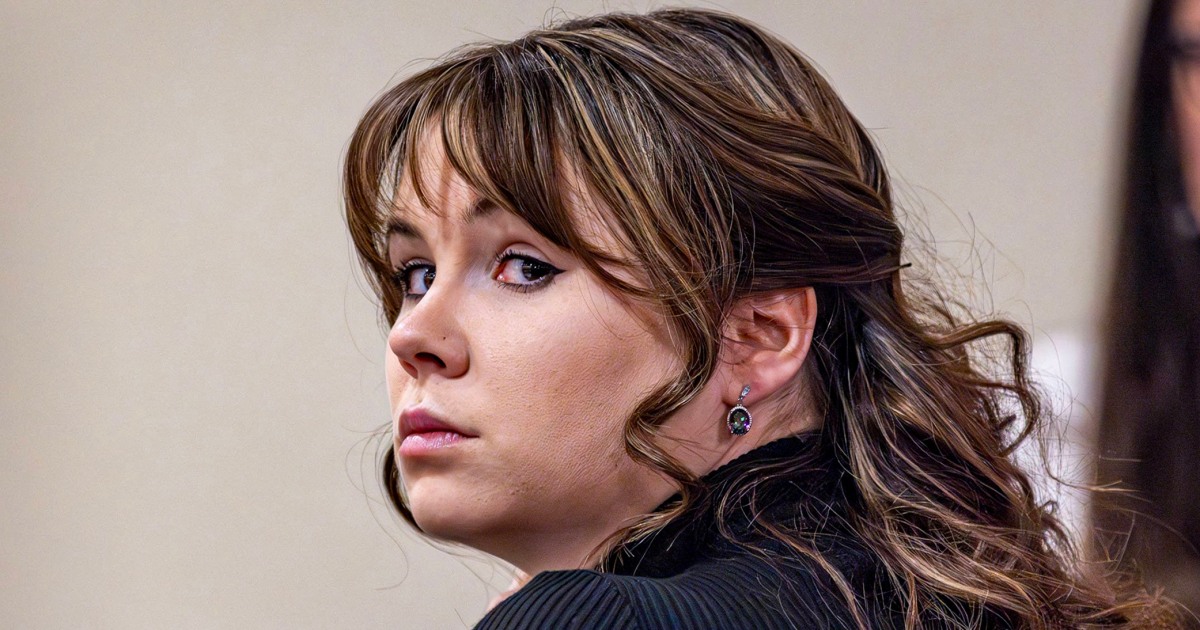Austria could become the latest European Union member state to have a far-right party in power after the Freedom Party (FPÖ) secured victory in Sunday’s general election.
Austria could become the latest European Union member state to have a far-right party in power after the Freedom Party (FPÖ) secured victory in Sunday’s general election.
The anti-migration, pro-Kremlin party – which was founded by former Nazis after World War II – won a general election for the first time in its history and its victory could now influence the EU at large.
“What they’re very vocal about is anti-migration. This was very strong in the past decades and again in the campaign. And one can speculate, one still must really look at these results and look at opinion polls (as to) why people voted the way they voted. But what we hear is that this migration discourse, pushing very strongly anti migration discourse, that we also seen in other European countries that seems to have worked well,” Christine Neuhold, Professor of EU Democratic Governance at Maastricht University, told Euronews.
The far right has scored a series of victories across the EU in recent years. Although Hungary is the only member state with a radical right party in power, the far right is part of coalition governments in Italy, The Netherlands, Finland, Czechia, and Croatia. Given Sunday’s election results, Austria could follow suit.
“Τhe Freedom Party is still not able to govern by itself. I think that’s something that we really have to take into account. They are very much dependent on other parties, governing with them or other parties could also govern without them. So, it is not a foregone conclusion that it will be in government or that they will go for the Chancellor. It could happen. But we are not there yet,” Neuhold said.
“That is a very, very important framing condition for what will happen also at the European level, who is going to be the Austrian chancellor, and (whether) it will participate or not in the government. It has been in government before and nevertheless Austria was able to play a rather constructive role in European fora,” she added.
Although not in power, the far right is also gaining ground in other member states, such as in France and in Germany where the Rassemblement National and Alternative for Germany have made significant electoral headways in recent months.
A pan-European trend
“ We see that all over Europe. These forces have been strengthened and will, in one way or the other, be present. Also in the European Parliament, they are still very much fragmented, but these forces will also challenge the European Commission and the proposals. What we also, of course, see is that these forces do not always have policy expertise. So it really has to be seen what role the Freedom Party will play. But, for Europe at large, we see that there is, of course, a shift to the right. And we have to ask ourselves the question why and what to do about it. I think what is also very important is that you that is very clear. You can no longer ignore this and go back to business as usual,” Neuhold said.
The change they seek to make, however, are unlikely to be fast, she added.
“I think that at large, the European project will continue the way it has done so far. So, all these right-wing shifts will not immediately affect European policy-making tomorrow because the procedures are so intrinsically set up in such a way that so many different majorities have to be built, that you will not see that shift immediately. But you will probably see it in that in the long run.”
“You will see it in the way that debates are led in the European Parliament. You can see it in the way that topics are put on the agenda of the European Commission. You could see it in a more polarized European Parliament. But you will see that policy will be made as it has always been made by all the ordinary legislative procedure,” she went on.
At the European level, FPÖ’s victory is likely to add to the far right voices pushing for tighter migration policies and for the implementation of the Green Deal to be delayed. On the stance towards Russia, far-right forces are more divided.



